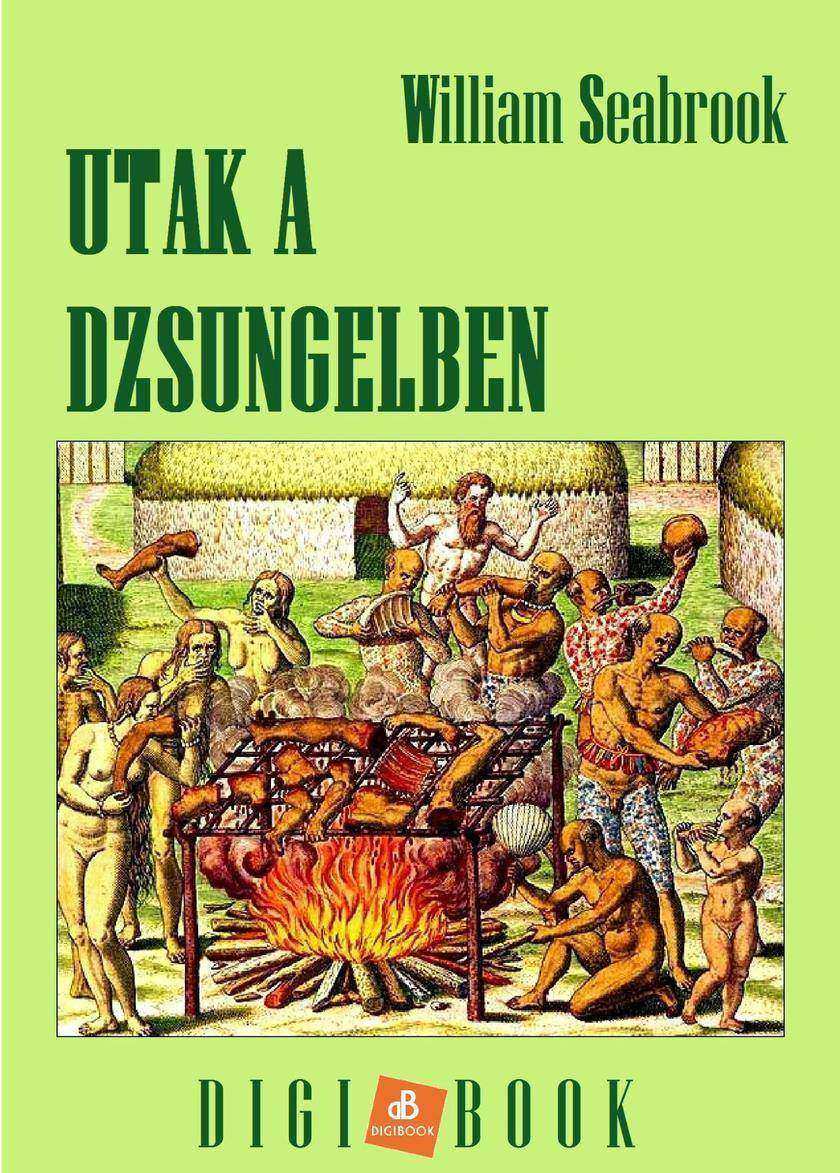
Utak a dzsungelben
¥25.67
Utak a dzsungelben

?leteim
¥25.67
leteim

Jeromos és Mihály
¥25.67
Jeromos és Mihály
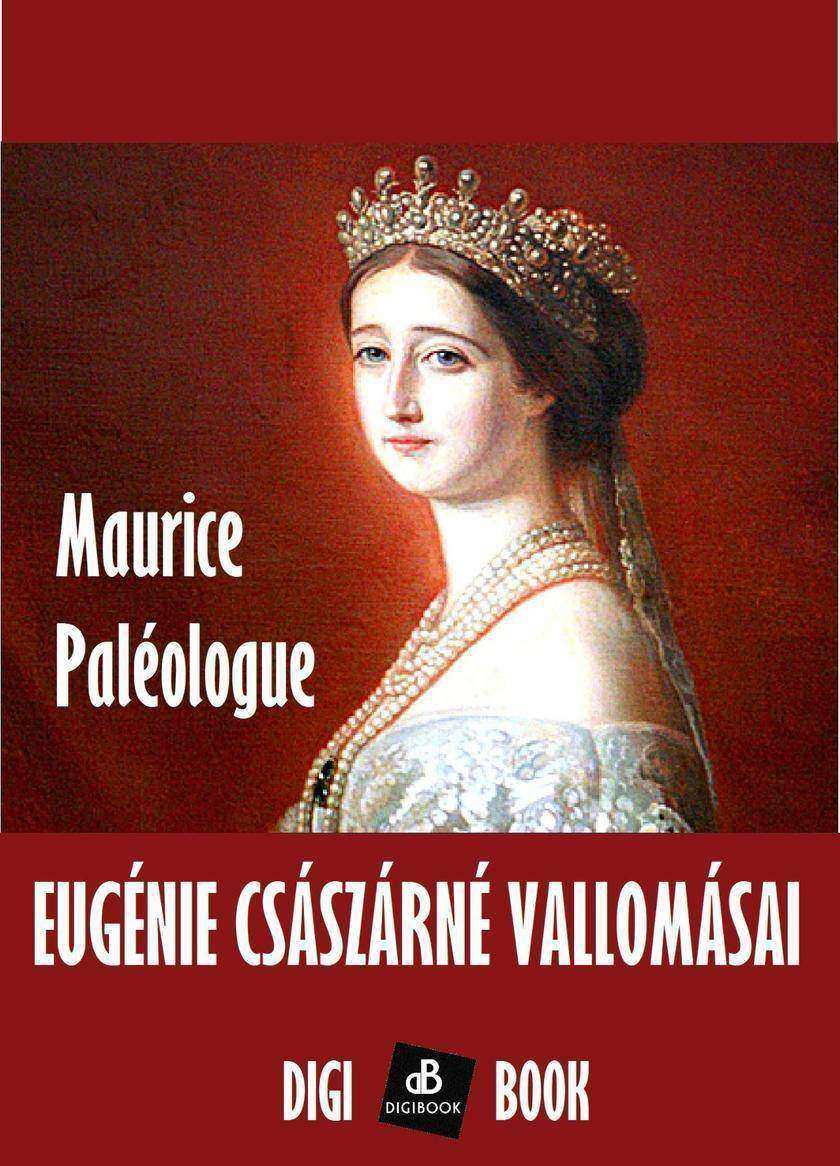
Eugénie császárné vallomásai
¥25.67
Eugénie császárné vallomásai
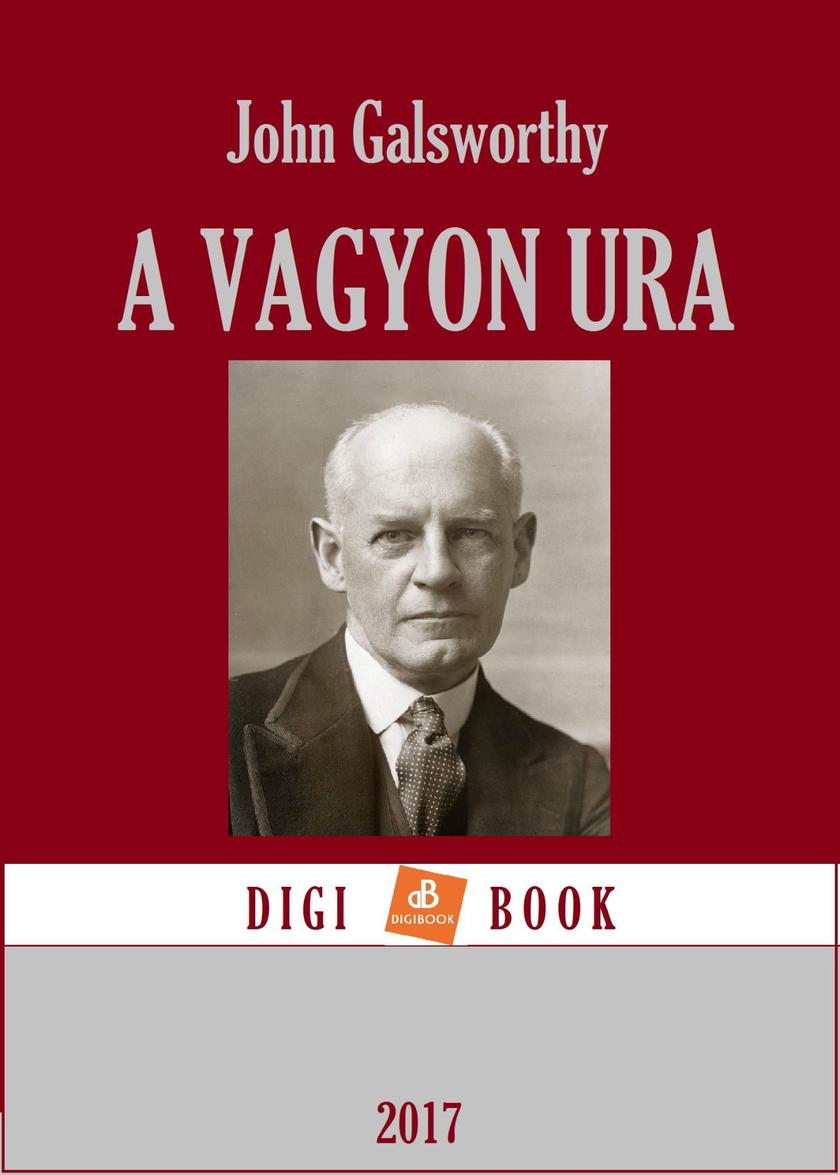
A vagyon ura
¥25.67
A vagyon ura

A tigris titka
¥25.67
A tigris titka
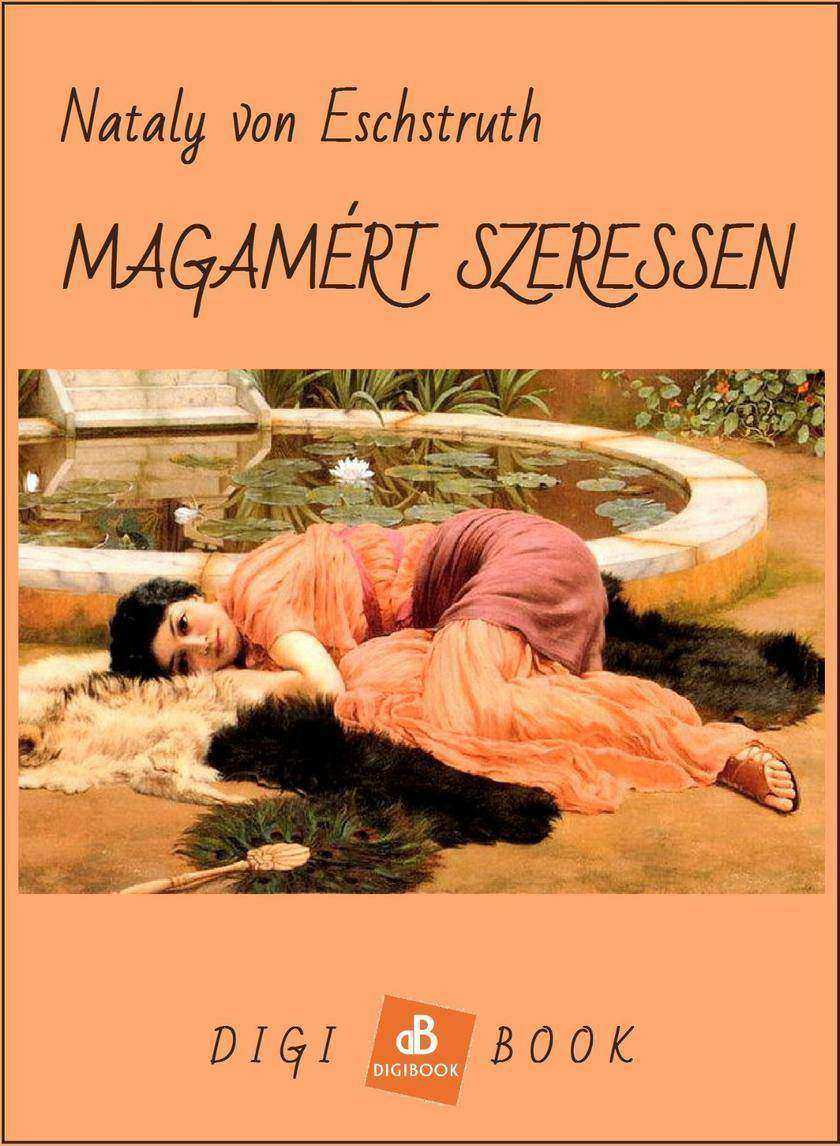
Magamért szeressen
¥25.67
Magamért szeressen
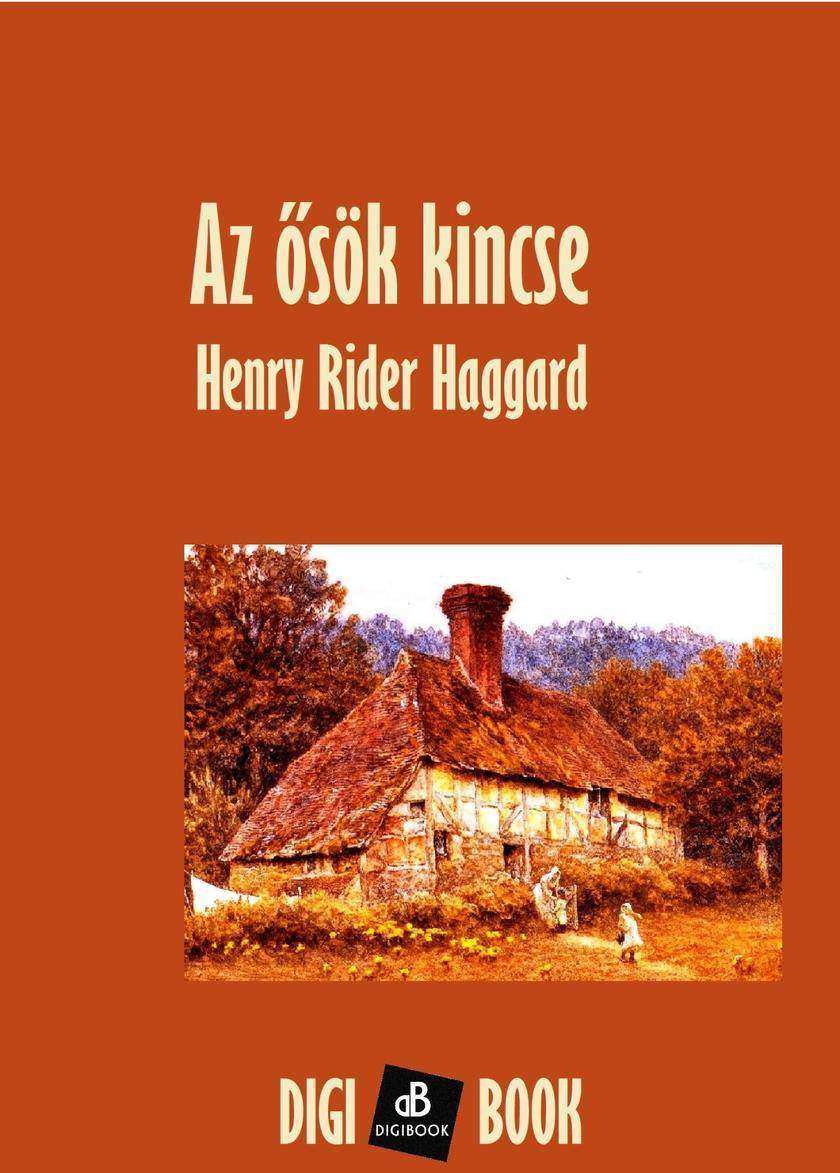
Az ?s?k kincse
¥25.67
Az ?s?k kincse
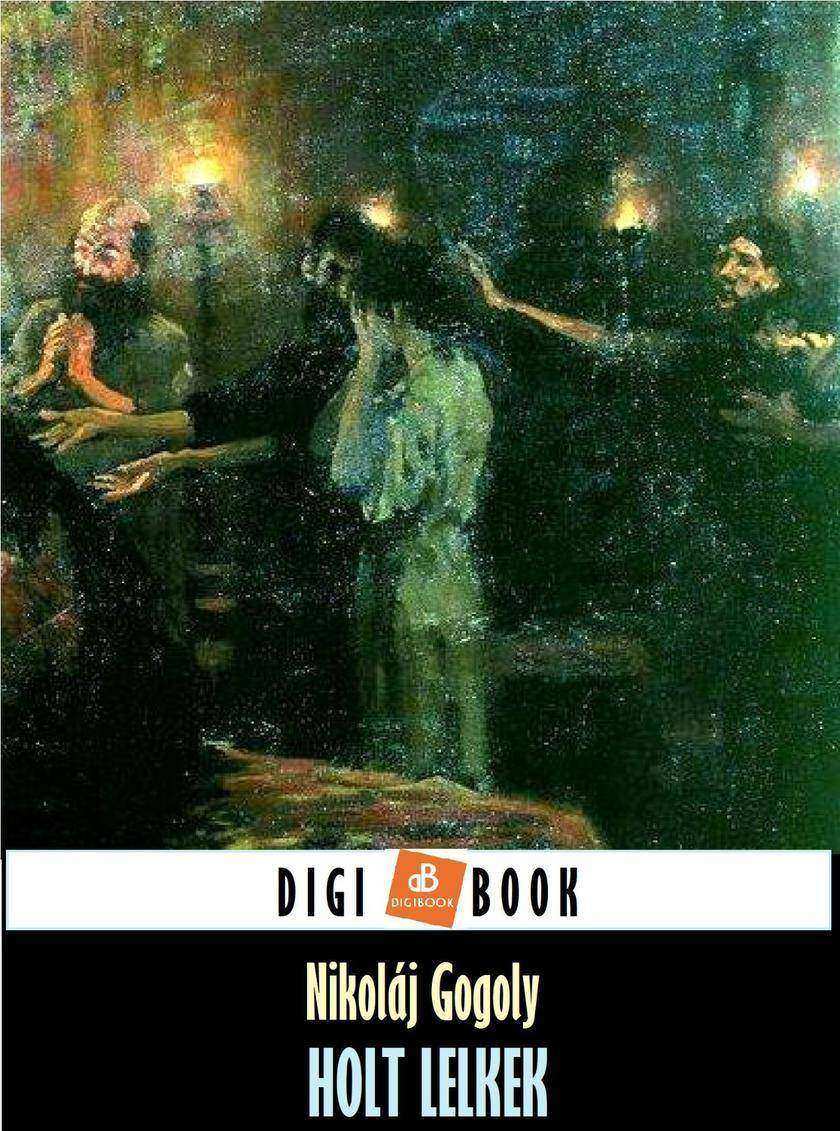
Holt lelkek
¥25.67
Holt lelkek
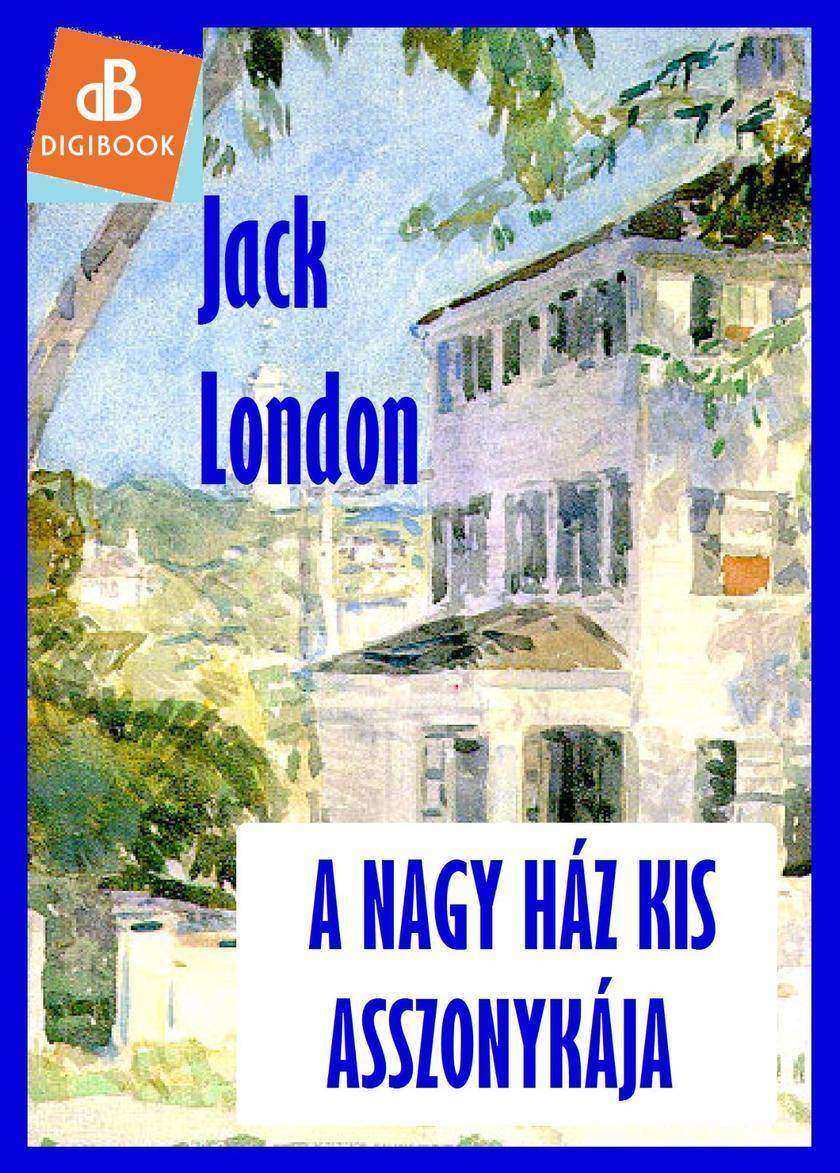
A nagy ház kis asszonykája
¥25.67
A nagy ház kis asszonykája

A kék kéz
¥25.67
A kék kéz
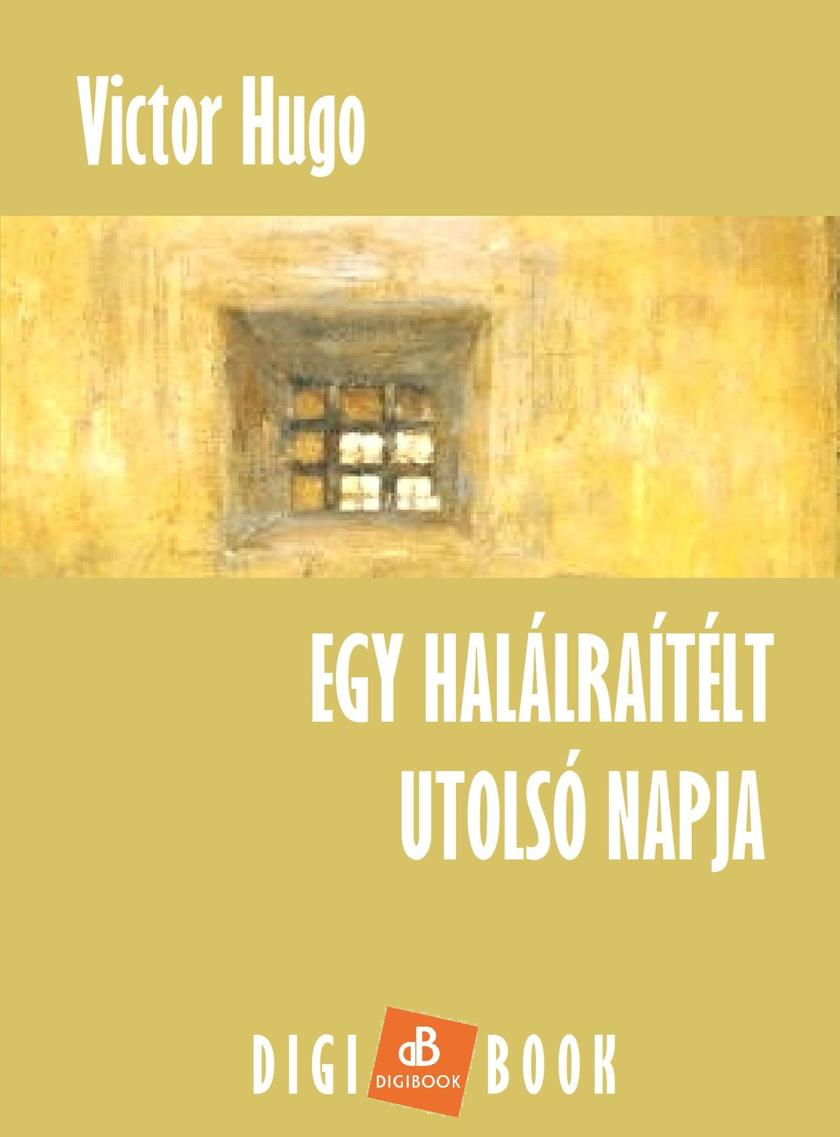
Egy halálraítélt utolsó napja
¥25.67
Egy halálraítélt utolsó napja
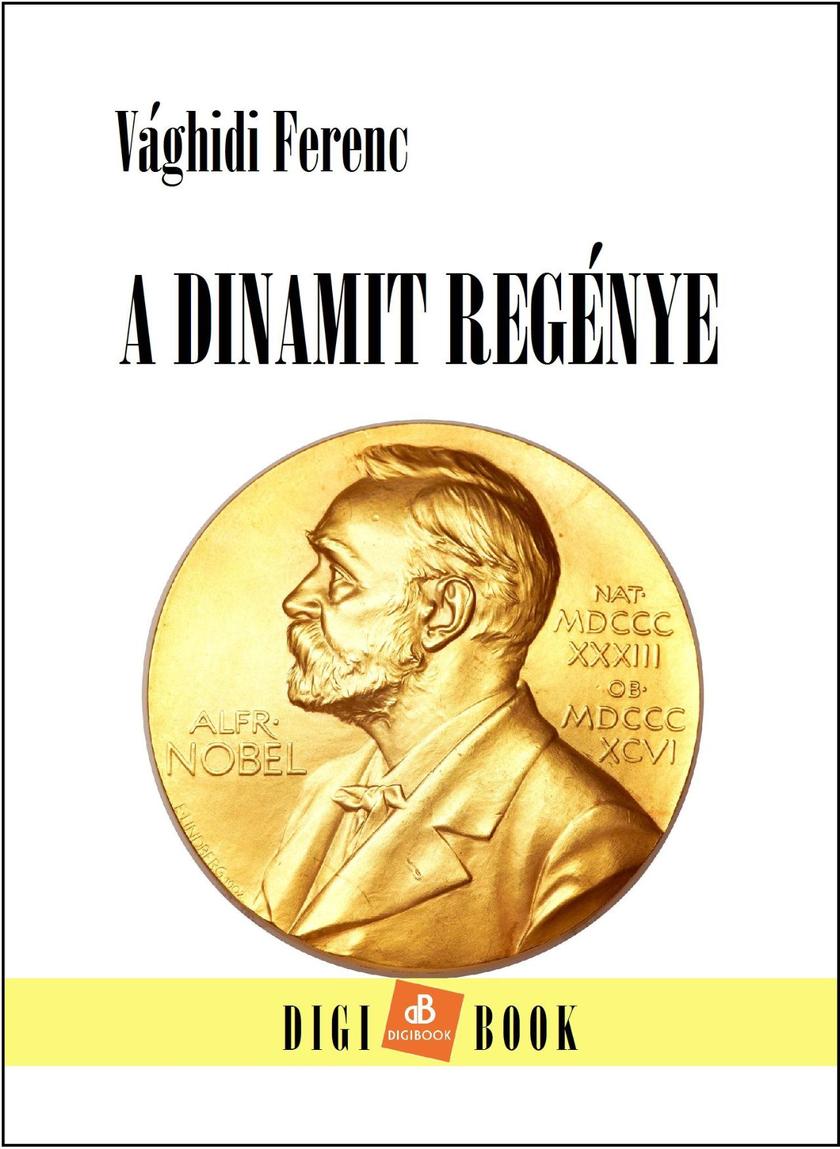
A dinamit regénye
¥25.67
A dinamit regénye
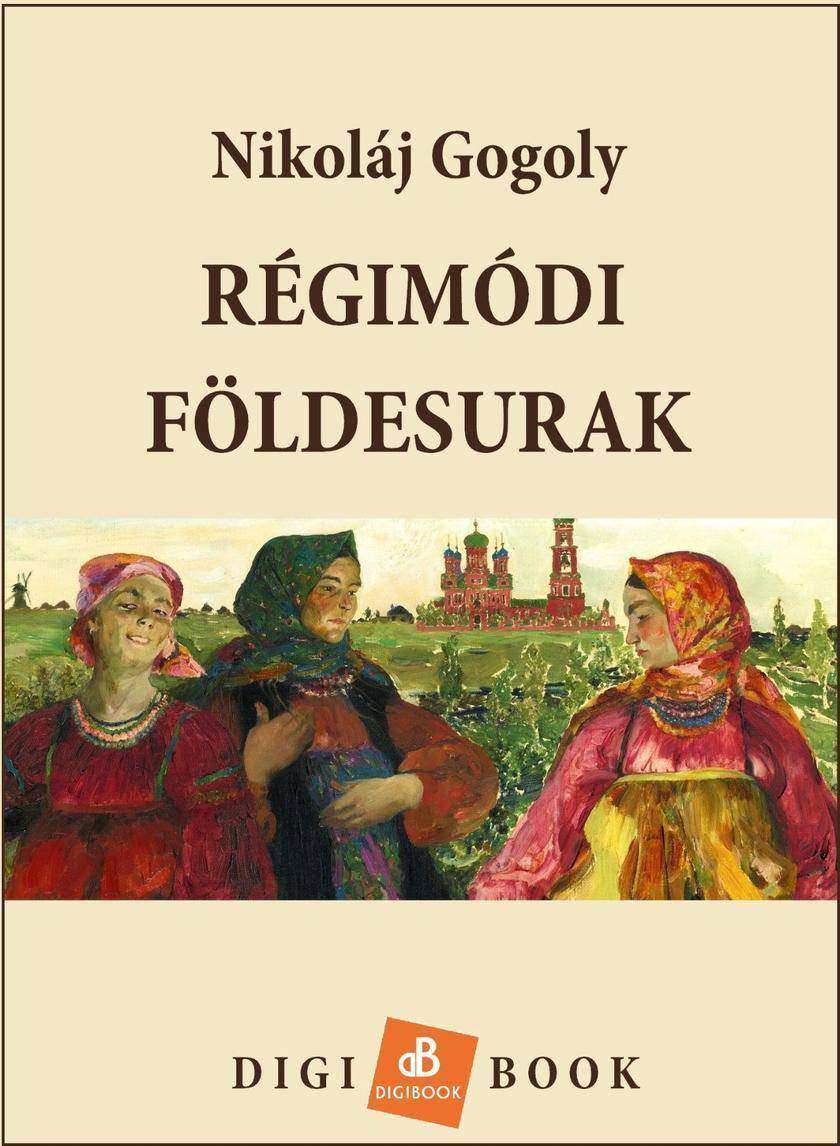
Régimódi f?ldesurak
¥25.67
Régimódi f?ldesurak

Piroska
¥25.67
Piroska
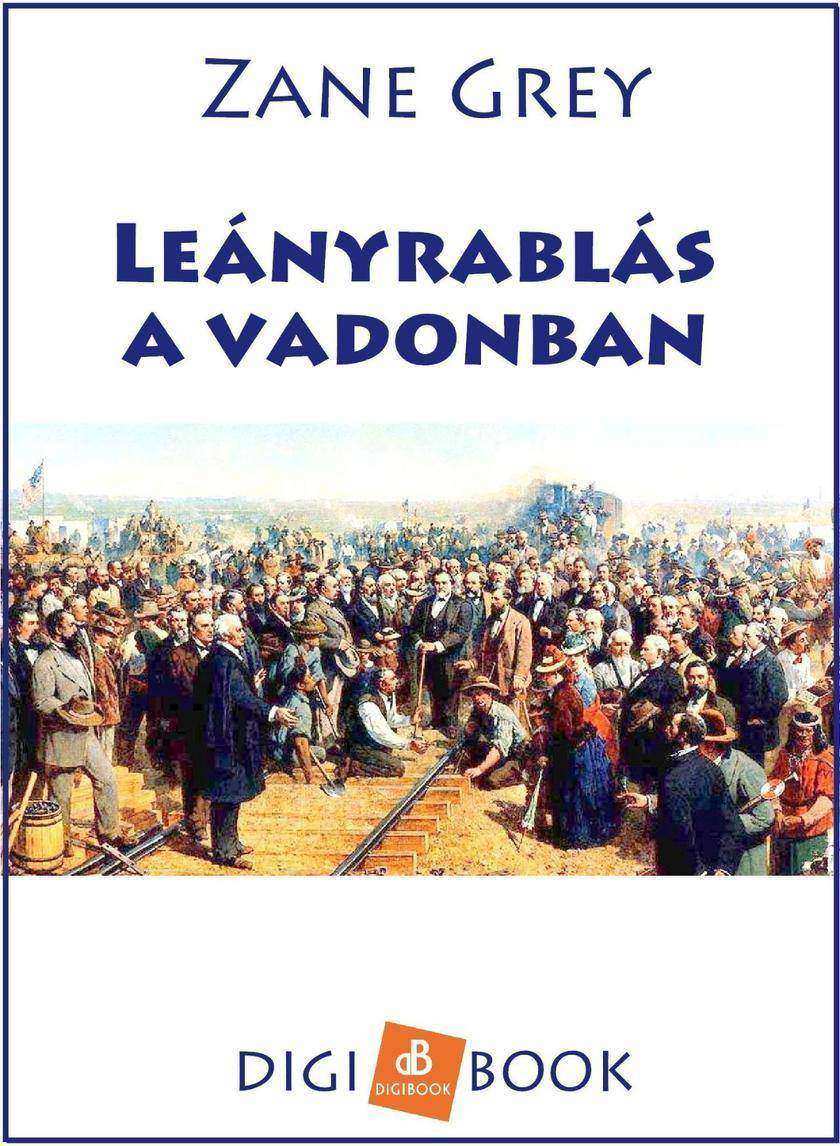
Leányrablás a vadonban
¥25.67
Leányrablás a vadonban
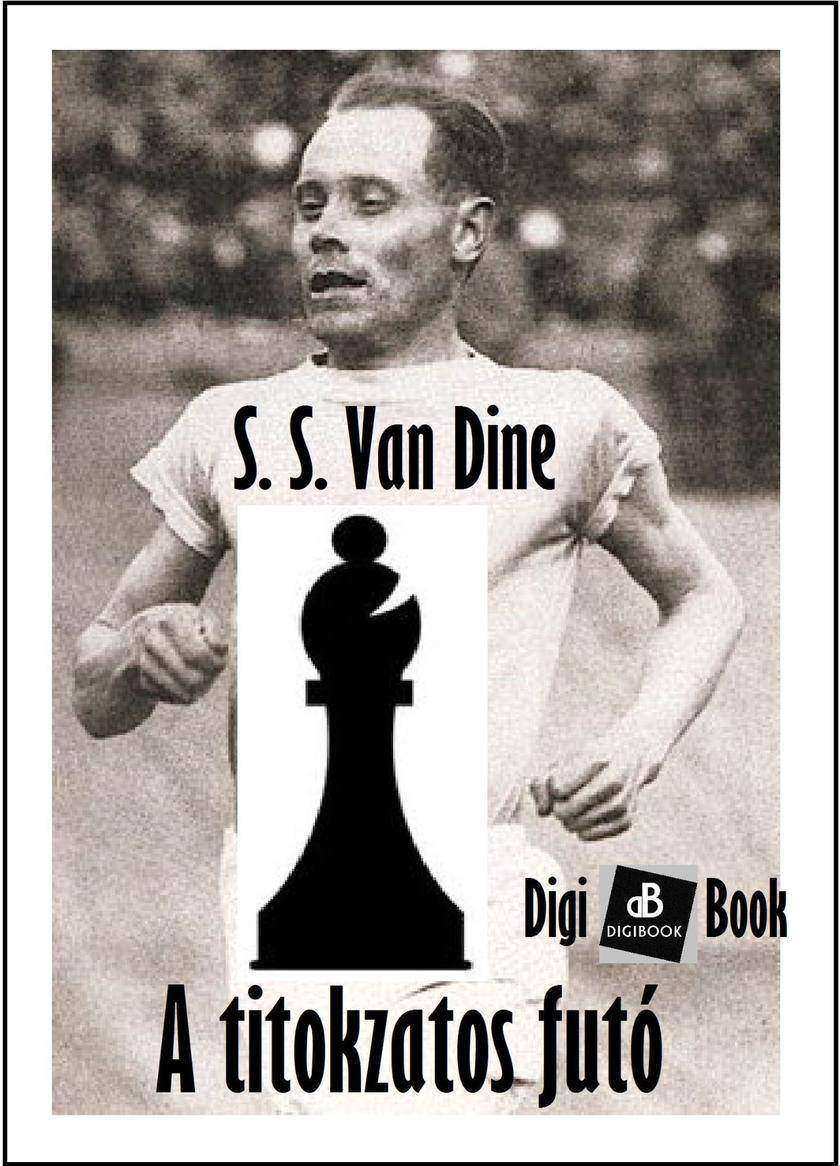
A titokzatos futó
¥25.67
A titokzatos futó

Az érettségi találkozó
¥25.67
Az érettségi találkozó
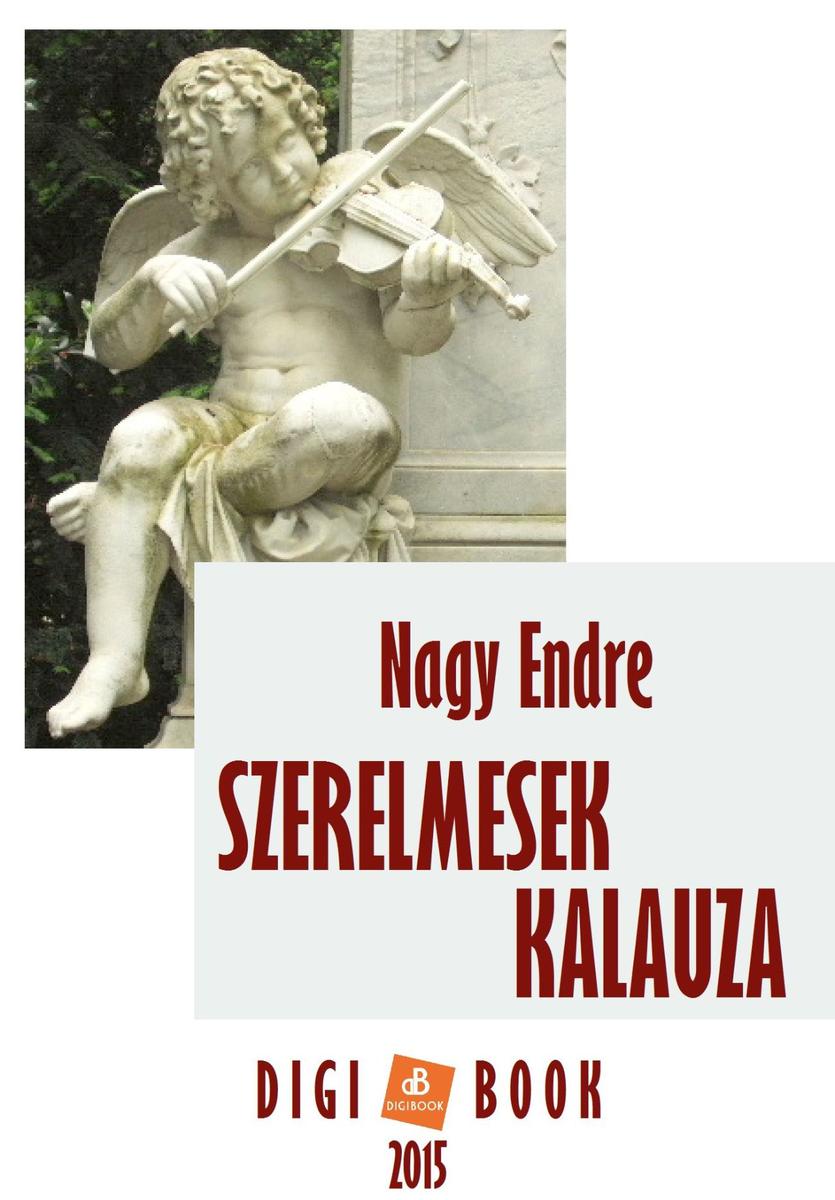
Szerelmesek kalauza
¥25.67
Szerelmesek kalauza
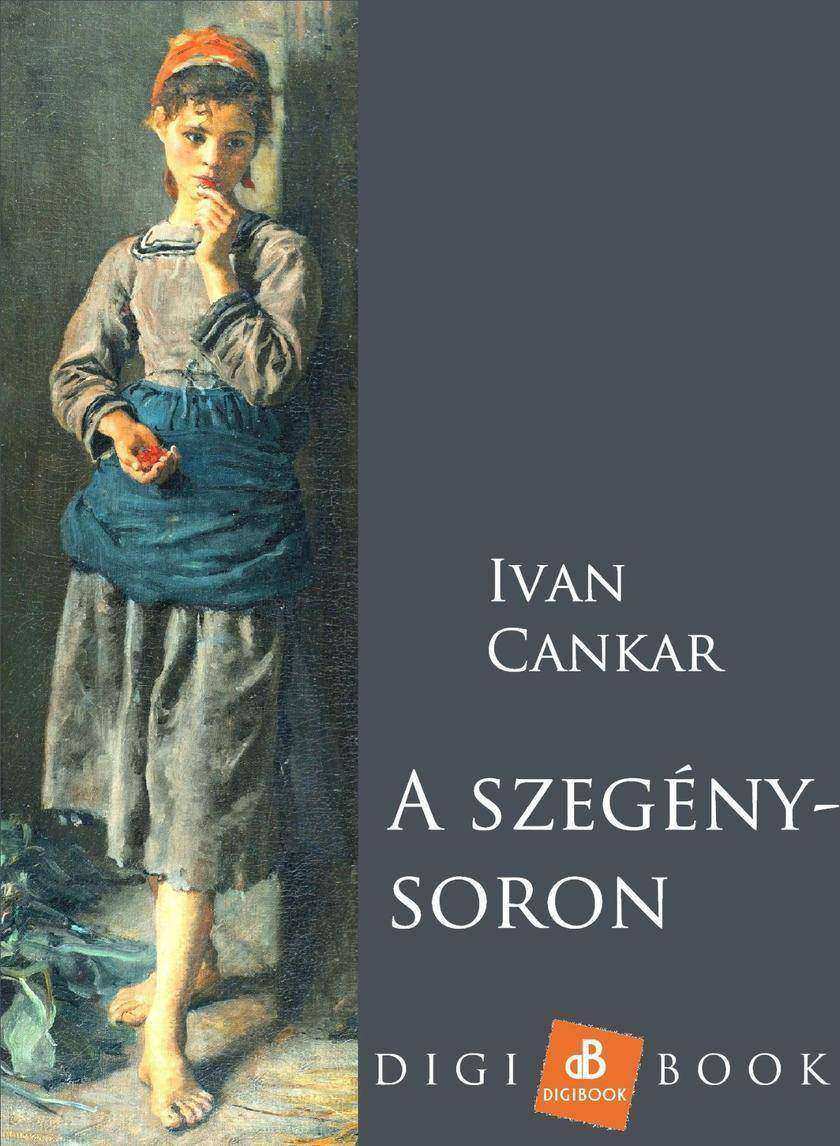
A szegénysoron
¥25.67
A szegénysoron

Part 3 of 3: The true story of a lonely little girl abused by those she trusted
¥25.60
The moving true story of a little girl with Asperger syndrome, controlled and abused by the one person she called her friend. Taylor had always struggled to make friends – she felt ‘different’. Taylor never knew her father and her mother wasn’t around much. She just didn’t understand people, and was alone and scared much of the time. That was until, aged just 11, an older married man called Tom befriended her. She loved having someone who would talk to her, listen to her, a protector. But when he moved away a few months later she was easy prey to the gang of drug dealers and petty criminals who groomed and abused her, using her as a form of currency to appease their debtors and amuse their friends. Increasingly isolated and desperate, it began to look as though the pattern of Taylor's life had been set – until she started to fight back, determined to build a safe future for herself, however long it took.




 购物车
购物车 个人中心
个人中心



